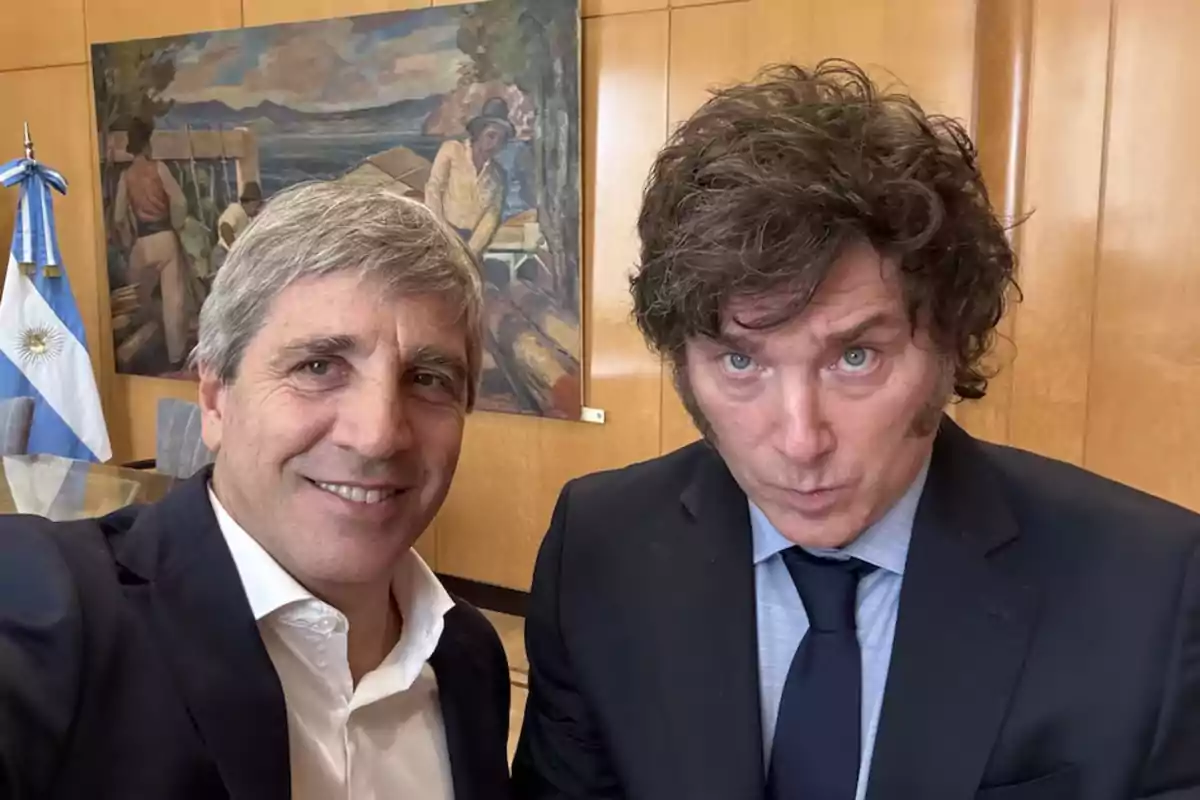A group of European and Latin American countries on Saturday urged Venezuelan authorities and opposition leaders to resume their dialogue in Mexico aimed at resolving the country's political and economic crises. The International Contact Group (ICG), comprising European Union countries and several Latin American nations, issued its call in a statement a day after a "high-level" videoconference dealing with regional elections held in Venezuela on November 21. Those elections saw the victory of the ruling party but also a return to participation by the opposition following years of electoral boycotts. The talks began in August 2021 and continued through several rounds before the Venezuelan authorities suspended them in October. That followed the extradition by the African nation of Cape Verde to the United States of a Colombian businessman on money laundering charges. The businessman, Alex Saab, is considered a confidant of Venezuelan leader Nicolas Maduro, though the opposition has described him as a frontman doing shady dealings with Maduro's government.
Also last week, Bloomberg reported that Venezuela’s government and Chevron Corp. are in preliminary talks to give the company greater control of some operations in exchange for debt relief as the country’s socialist leaders try to increase production despite U.S. sanctions. The head of Chevron’s Venezuela unit, Javier La Rosa, and the president of state oil company PDVSA, Asdrubal Chavez, have been involved in the discussions, according to two people with knowledge of the matter. Before any agreement can be reached, however, Chevron would need a special waiver from the U.S. Treasury allowing it to engage in more formal negotiations. The company is simultaneously requesting the license from the Treasury’s Office of Foreign Assets Control, which oversees foreign sanctions, according to a third person with knowledge of the situation. The four fields Chevron and PDVSA jointly operate produced more than 200,000 barrels prior to sanctions, compared to the current output of 140,000 barrels a day. The discussions with Chevron reveal how President Nicolas Maduro’s government is willing to cede parts of its prized oil industry to outside companies as it attempts to increase production to his latest target of 2 million barrels a day. By using local contractors and importing additives from Iran, the country has managed to more than double output to around 800,000 barrels a day from a seven-decade low it hit in 2020. Foreign companies like Chevron are critical if the country is to pump more. In one scenario under discussion, PDVSA would keep financial control in joint ventures with Chevron, but turn over the operational lead on matters such as contracting, accounting, paying service providers, and technical decisions, according the people. In exchange, Chevron would increase its revenue from the ventures and deduct those sales from the more than $3 billion it is owed by PDVSA, the people said. The debts relate to old Chevron investments and sales it was not able to book due to the sanctions.
Last but not least, Venezuelan President Nicolas Maduro said on Wednesday his government is maintaining contact with holders of the country’s bonds and is willing to make good on payment obligations which have gone unattended since the end of 2017. Maduro advisors spoke to investors and bondholders from Europe and the United States about their country’s economic potential during a call in January. “We have a dialogue with (bondholders) and we have made them a very powerful offer for Venezuela to honor its commitments,” Maduro said during an event with bankers broadcast on state television. “But the government of the United States is impeding it.” Maduro did not give any details about the proposal but said bondholders are the ones being hurt by U.S. sanctions. Venezuela suspended payments to bondholders in November 2017 and proposed re-negotiating $60bn in debt, but sanctions from Washington, which block U.S. companies and individuals from doing business with Venezuela has stymied any talks. Another re-negotiation attempt was made in October 2020 to no avail. |

Keine Kommentare:
Kommentar veröffentlichen